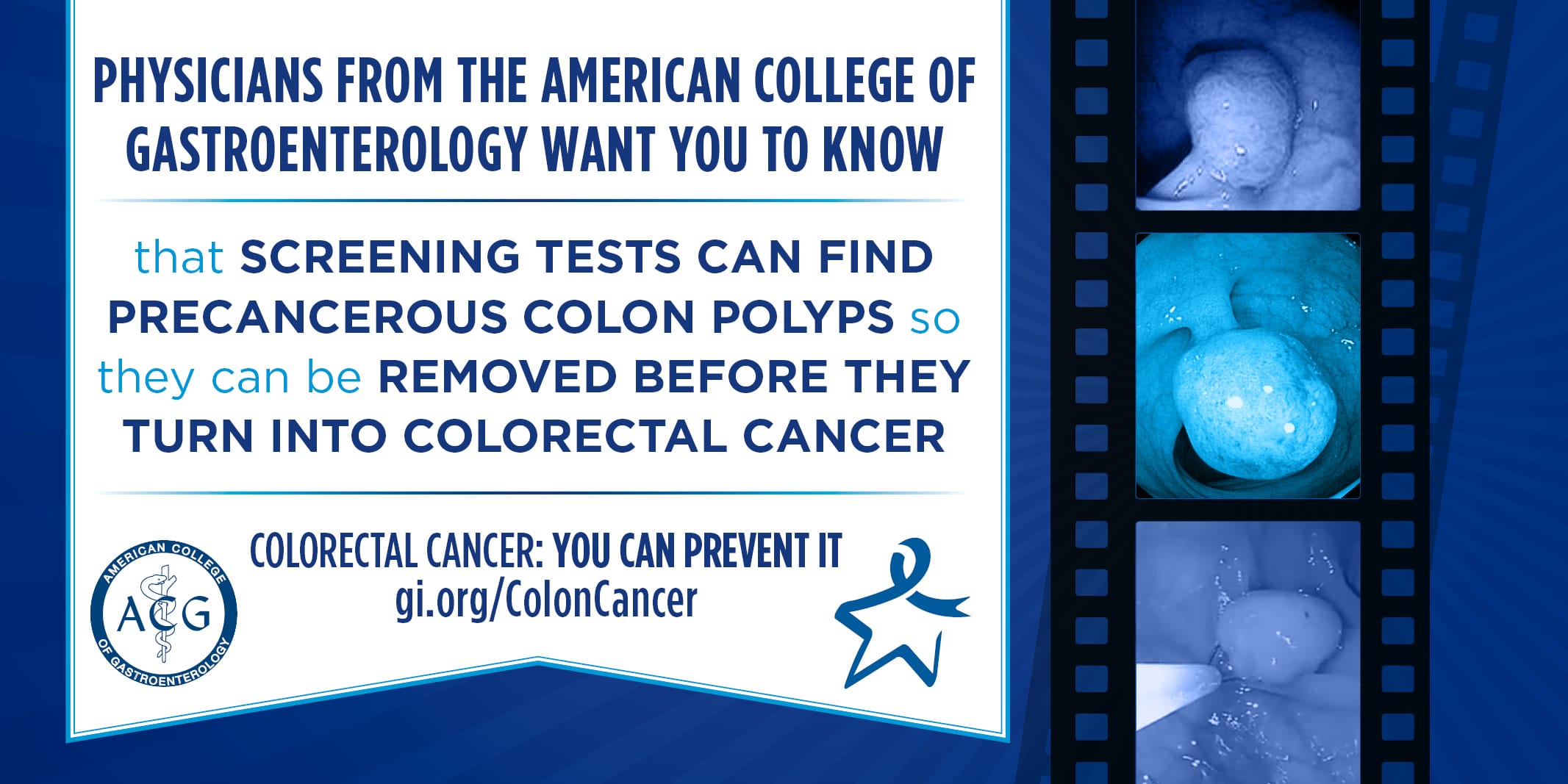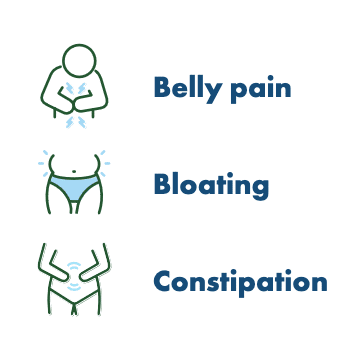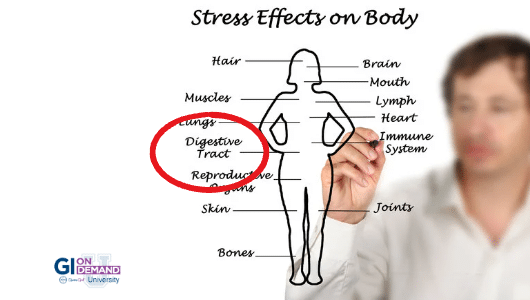Colorectal Cancer Screenings Increase, But Still Below CDC Target
A new study from the Centers for Disease Control and Prevention (CDC) that was published in Preventing Chronic Disease reported that although colorectal cancer screening rates have increased, these screenings are are still below CDC targets.
The researchers analyzed data on cancer screening rates for breast, cervical, colorectal and prostate from the National Health Interview Survey that was conducted by the Census Bureau for 2000 through 2015, comparing the targets set by the CDC’s Healthy People 2020 goals. Adjusted findings for 2015, compared with previous years, show persistent screening disparities, particularly among the uninsured, and progress for colorectal cancer screening only.
Highlights of the Study Include:
- Compared to the other types of cancer included in the study, only colorectal cancer screening rates increased from 2000-2015. Among women aged 50 to 75 years old, 63.4% reported a recent colorectal screening test — for men it was 61.9%. But these screening rates are still below target, as CDC’s goal for 2020 is 70%.
- Researchers found disparities in prevalence of test use among subgroups for all tests examined. People who are less likely to undergo screening for colorectal and the other types of cancers include those who have had no contact with a doctor in the past year, no usual source of health care, and no insurance coverage.
- Understanding use of cancer screening tests among different population subgroups is vital for planning public health interventions with potential to increase screening uptake and reduce disparities in cancer morbidity and mortality.
Colorectal Cancer Screening Guidelines
The American College of Gastroenterology recommends that all normal-risk individuals undergo colonoscopy beginning at age 50, and age 45 for African Americans. But if you have a family history of colorectal cancer— especially in a first-degree relative, such as a parent, sibling or child—your physician may recommend earlier or more frequent screening. You should also talk with your doctor if you notice any unusual symptoms, such as rectal bleeding or a change in bowel habits.

Are You at Risk for Colorectal Cancer?
Risk factors for colorectal cancer include age (the majority of patients are 50 or older). But other risk factors include having been diagnosed with inflammatory bowel disease, such as Crohn’s or ulcerative colitis; a family history of colorectal cancer; or a genetic predisposition to colorectal cancer showing up as such syndromes as familial adenomatous polyposis or Lynch syndrome.
You’re also at greater risk if you eat a low-fiber, high-fat diet, are obese, use tobacco, drink alcohol, eat few fruits or vegetables, and have a sedentary lifestyle.
The cause of colorectal cancer in most cases is unclear. However, most colorectal cancers develop from polyps, which are abnormal growths in the colon. If polyps grow unnoticed and are not removed, they may become cancerous. Screening tests can find precancerous polyps so they can be removed before they turn into cancer. The development of more than 75-90 percent of colorectal cancer can be avoided through early detection and removal of pre-cancerous polyps.
Most early colorectal cancers produce no symptoms. This is why screening for colorectal cancer is so important. Symptoms of colorectal cancer vary depending on the location of the cancer within the colon or rectum, though there may be no symptoms at all. The prognosis tends to be worse in symptomatic as compared to asymptomatic individuals.
The most common presenting symptom of colorectal cancer is rectal bleeding. Cancers arising from the left side of the colon generally cause bleeding, or in their late stages may cause constipation, abdominal pain, and obstructive symptoms. On the other hand, right-sided colon lesions may produce vague abdominal aching, but are unlikely to present with obstruction or altered bowel habit. Other symptoms such as weakness, weight loss, or anemia resulting from chronic blood loss may accompany cancer of the right side of the colon. You should promptly see your doctor when you experience any of these symptoms.
Remember to promptly see your doctor
when you experience any of these symptoms:
New onset of abdominal pain
Blood in or on the stool
A change in stool caliber or shape
A change in typical bowel habits, constipation, diarrhea
ACG Resources
Patient Advocacy Groups
Listen to our
latest Podcast!






